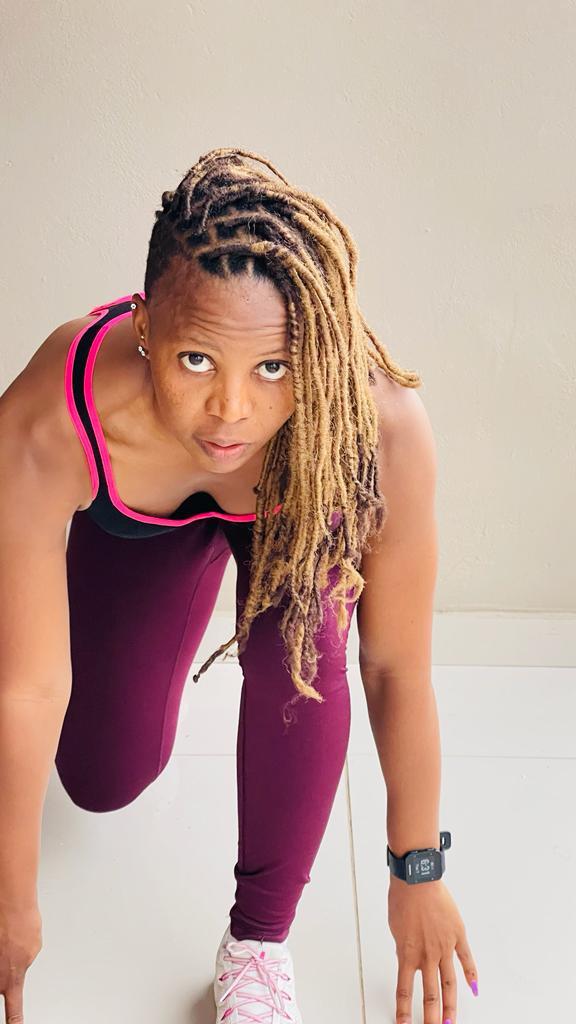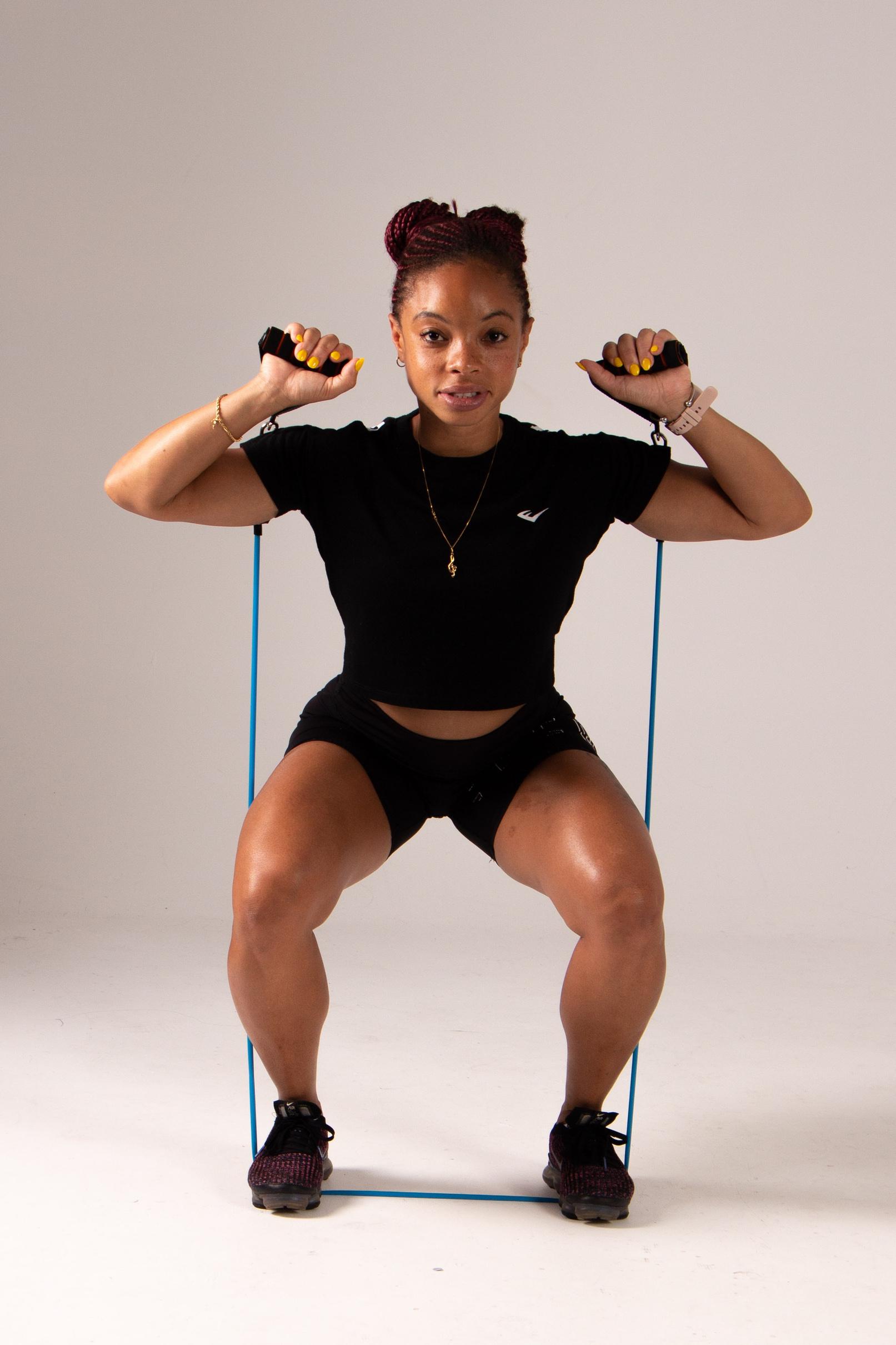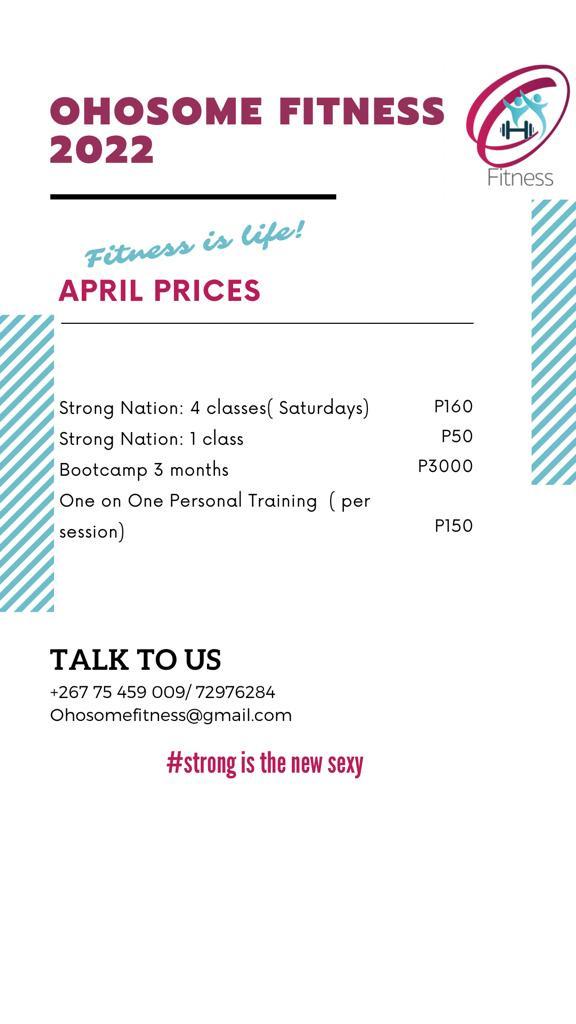
3 minute read
Fitness
from April 2022
Arguably the most important person that touches and edits music aside from the composer and musician is the audio engineer. Finding the perfect levels, fixing the tone, utilizing software, and mastering the track are just a few of their duties. Take on as many projects as you can when starting out! You'll earn some extra money, and in the process, receive a ton of valuable experience.
Take the Necessary Steps for Your Music Industry Career Don't fall for the "starving artist" line. If you love music pursue a career in music. Just remember that there are r more options available to you than becoming the next biggest pop star. If it weren't for the people doing the jobs listed above, our favorite musicians wouldn't be able to do what they do for a living.
Advertisement
If you do have a passion for music, an excellent place to start is Kingdom Arts Academy. Like most career avenues in life, better jobs are typically accompanied by studying. Music is no exception

WORKOUT OR FITNESS PLATEAU

BY ONNEILE KEALOTSWE FITNESS INSTRUCTOR
A fitness plateau is simply your cue to ramp up your training so that you can keep progressing. Do not quit yet because all you need is to try one of the following:
Our bodies are incredibly resilient, and this means that the body adapts to the physical demands of everyday training. As the body adapts, exercises that were once challenging become easier. If you do not change your workouts or workout intensity, you will reach a workout or a fitness plateau. This happens when the progress you have been making, such as toning, or getting stronger, stalls, or comes to a halt even though you continue to exercise. You can experience a plateau when you are not progressing past the weight you have been lifting or past the number of repetitions you have been performing.
A fair share of us have experienced a fitness or workout plateau at some point, it is inevitable. However, it is not permanent if you understand how to deal with it. During a workout/fitness plateau, you can start to feel unmotivated, bored with your workouts, or find that you do not feel like going to the gym which has led to a lot of people quitting before they reach their goals.
1. Use progressive overload: progressive overload is a training principle that means you gradually increase the stress placed on your body during your workouts so that your body has to keep adapting. It is important to use progressive overload in a safe way to avoid injury or overtraining.

2. Make small changes to your routine: a) Increase exercise volume: that is the number of repetitions or number of sets per exercise. b) Use isometric movements: When suffering from a lack of progress, try slowing down each repetition, especially during the
negative movement of the exercise. The slow tempo will boost the amount of time the muscle is under tension (isometric contraction) while increasing the overall difficulty of the exercise. c) Adjust your resting time between sets and exercises d) Employ alternative movement to target the same body parts.
3. Allow for one day in the week and at least three (3) days every six (6) weeks to rest. Rest allows you to take a break from training and allow your body to recover. Getting proper rest and recovery is as important for your fitness progress as hitting all your workout goals.
5. Get good nutrition that can support the intensity of your chosen workout allowing for sustained energy levels during exercise and improving recovery time.
Research has shown that the average human being will adapt to a physical exercise routine within a period of two (2) to 6 (six) weeks. It is therefore recommended, depending on your level of fitness, that you make the above changes within these specified times.
Photo by Vitalii Pavlyshynets











